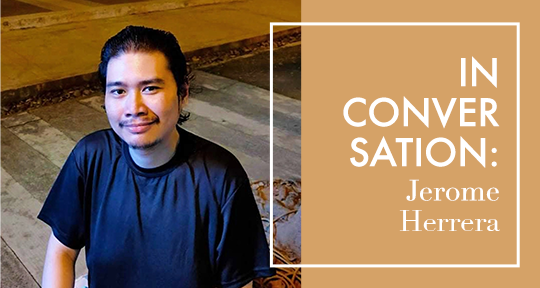This week, our editors-at-large bring us the latest in arts festivals, awards, and innovative adaptations across the literary landscape! From new spins on James Joyce’s Ulysses for its hundredth anniversary to a thriving theatre festival in the Philippines, read on to learn more!
MARGENTO, Editor-at-Large, Reporting from Ireland
It is festival time across Europe, and Galway, Ireland’s West Coast pearl, is gearing up for its International Arts Festival (GIAF), to kick off in 3 days and go on through July 30. The “balmy, bohemian” city (as ireland.com poetically describes it) is already buzzing with the vibe as events ranging from special-effect-rich theatrical, musical, and circus performances to public conversations with awarded war-covering journalists and writers are boisterously advertised on seafront billboards, dedicated websites, local TV and radio stations, and even on announcement screens on greyhounds across the country.
On the literary front, James Joyce’s spirit looms as large as ever—and particularly so on the hundredth anniversary of Ireland’s most notorious book ever, Ulysses—only now in more playful and cross-artform shades. Ulysses 2.2, a collaborative project between ANU, Landmark Productions, and Museum of Literature Ireland, will be featured with two independent acts. The first one will be You’ll See, an obvious word-play on, and homophone of, Joyce’s title, produced by Branar, one of Ireland’s leading theatre companies for children. You’ll See has been announced as a mix of “live performance, intricate paper design, an original score, and Joyce’s odyssey” that will enchant prior fans as well as all those who haven’t read the book yet.


